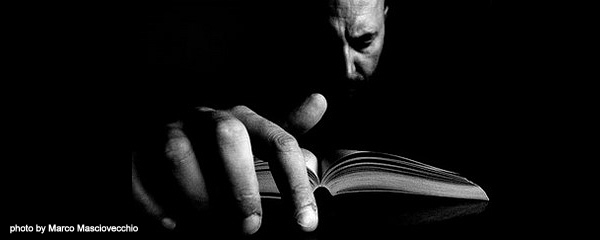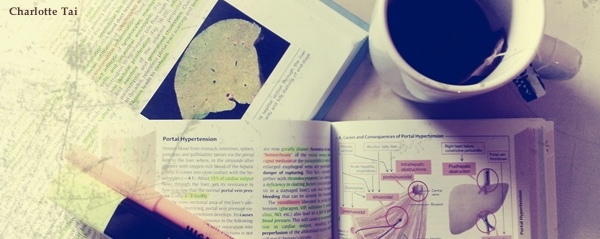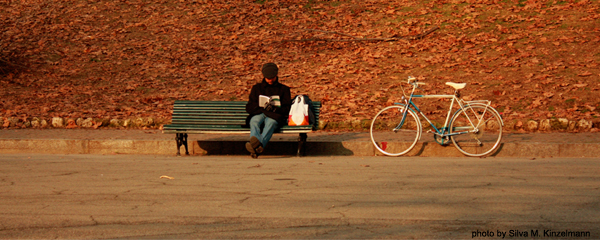A.J. ASHWORTH identifies with the transformative power of chopping wood in Raymond Carver’s ‘Kindling’: ‘It’s not always obvious why some stories stay with us, why they seep into the small tributaries in our brains, colouring our minds like ink in water. Sometimes the reason a story resonates may be more obvious though.’
FIRST PLACE: ‘The Iron Which Pierces the Heart’ by ALEX COULTON – the winning essay in the 2016 THRESHOLDS International Short Fiction Feature Writing Competition…
CLAIRE EDWARDS walks us through Raymond Carver’s classic short story, Cathedral: ‘It is as if he has brought the ancient Greek character Tiresias, whose blindness is compensated for by second sight, into the prosaic setting of a living room’.
G.F. PHILLIPS considers the impoverished voices in Carver’s short stories: ‘It is a world that conjures up the people’s goal as a means of achieving some kind of ‘American Dream’ in a land made for freedom and plenty. His characters think, speak and act out their shapeless lives, and yet, they adopt a common language…’
In this essay, EVAN GUILFORD-BLAKE finds that Carver’s stories are ‘populated by seemingly uncomplicated people, but they are people who are damaged or empty; vessels, which Carver’s carefully controlled compassion gives us reasons to want to fix and fill…’
‘When we talk about editing short stories, and we do, a lot, we talk about cutting every word that doesn’t have to be in a story. But I’m not sure it’s always so simple…’ ANGELA READMAN examines the effects of Lish’s edits on Raymond Carver’s short stories.
JACK TILLEY discusses his experience of reading Carver: Collected Stories from The Library of America: ‘It went something like this: ‘Fat’, ‘Neighbors’, ‘The Idea’, ‘They’re Not Your Husband’. Then I couldn’t take any more. After four days I couldn’t read another story…’
‘The struggle to find a balance between writing and earning a living is one which most writers have experienced at some time or another.’ SALLY O’REILLY looks at how this conflict shaped the work of Raymond Carver.
‘It is the contradictions of the human condition which Raymond Carver is so adept at exploring, a quality that makes his 1983 collection Cathedral a captivating read.’ WENDY GOOD recommends the story ‘A Small Good Thing’.
‘The short story is a glorious form that is evolving and changing before our very eyes; anything seems possible.’ Author JACKIE KAY shares her thoughts on the unique power of the short story.








